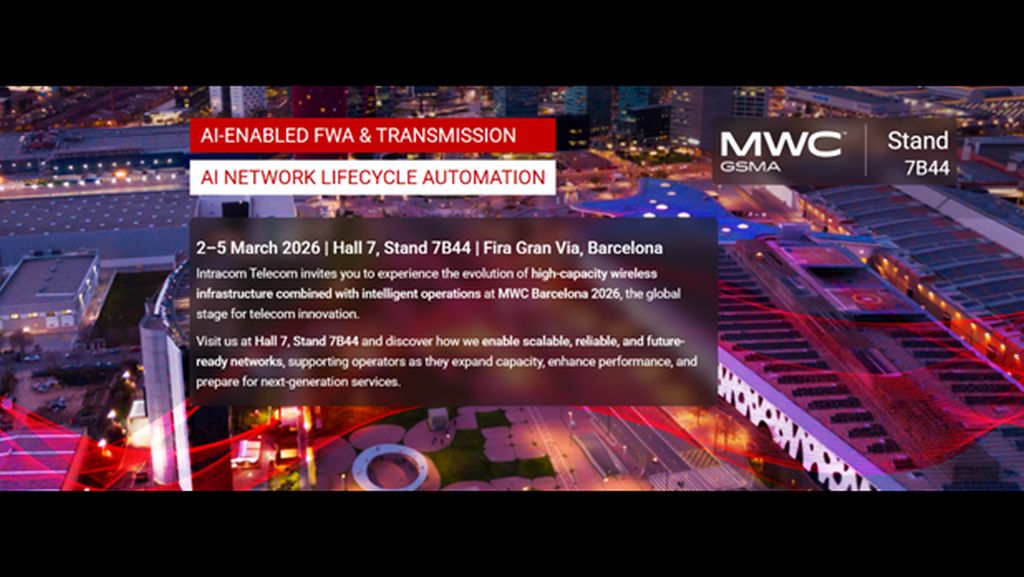For companies currently operating, a comprehensive assessment of all tax risks they face is mandatory. Such an assessment helps tax department leaders prioritize active litigation (if any) to close it in a certain order and at a later stage to effectively manage tax risk. It also helps CEOs make wise decisions in response to changes that affect the company's growth.
Objectives and impact
The main objective of tax risk assessment is to do everything possible to stop tax disputes before they occur. This risk is managed by the company's management and has effects on the way the company operates through systems and processes that improve efforts to monitor, comply and prevent disputes. Of course, this is an ongoing and evolving process within the company.
Since the beginning of the pandemic, tax authorities have supported companies and stimulated them to return to business. Support was displayed not only through employment support programs, cash payments, and loans but also through the provision of administrative assistance.
This included postponing the deadlines for filing taxes, postponing the payment of certain taxes, and, more importantly, managing tax risks, suspending tax inspections. But that period is long over because it is expected that by the end of the year, most tax authorities will plan and control taxes rigorously.
Sources of fiscal risks
The external environment is fiscally important, but not all tax risks come from outside the company. Better communication within the company can be a useful way for CFOs to ensure that the team they lead is aware of their business strategy, new investments, and any decisions that affect the taxes the company has to pay. Such communication may be "horizontal" with other departments, such as sales and logistics, or "vertical" with the board and the internal audit team.
Reputational risks associated with tax controversies can also spill over into the public space, creating a deeper impact on business, especially for large companies with well-known brands. A level of reputational risk is expected to increase for companies over the next three years.
Management methods
Tax risk management often involves working with external suppliers and tax authorities, emphasizing the importance of strong communication and relationships in these areas. Technology again plays a key role, providing the platform on which to store and analyze all the company's tax positions.
Improved communication and stakeholder relations also help transform the way tax risks are managed. Internally, they should include the board of directors, the directors involved in the development and implementation of the business strategy, and the departmental units.
All stakeholders need to communicate and work together to ensure that key information is taken into account, including tax compliance, tax planning, and tax dispute risk assessment processes.
About PKF Finconta
For more than 26 years, PKF Finconta is one of the 10 leading professional services companies in Romania. Since 2006, we are a member of PKF International Limited. PKF International is a leading international business advisory organization. The company grew consistently over the years, forming a Group of four companies: PKF Finconta, PKF Finconta Consultanta, PKF Finconta HR, and Finconta Consulting SPRL, members of national professional organizations CECCAR, CAFR, CCFR, and UNPIR. We provide a wide range of business advisory and related specialist services. We have seven core areas of expertise and within these areas, we tailor our services to your business and your needs: audit, corporate finance, tax, bookkeeping, and accounting advisory services, transfer pricing, payroll and personnel administration, and insolvency.


































